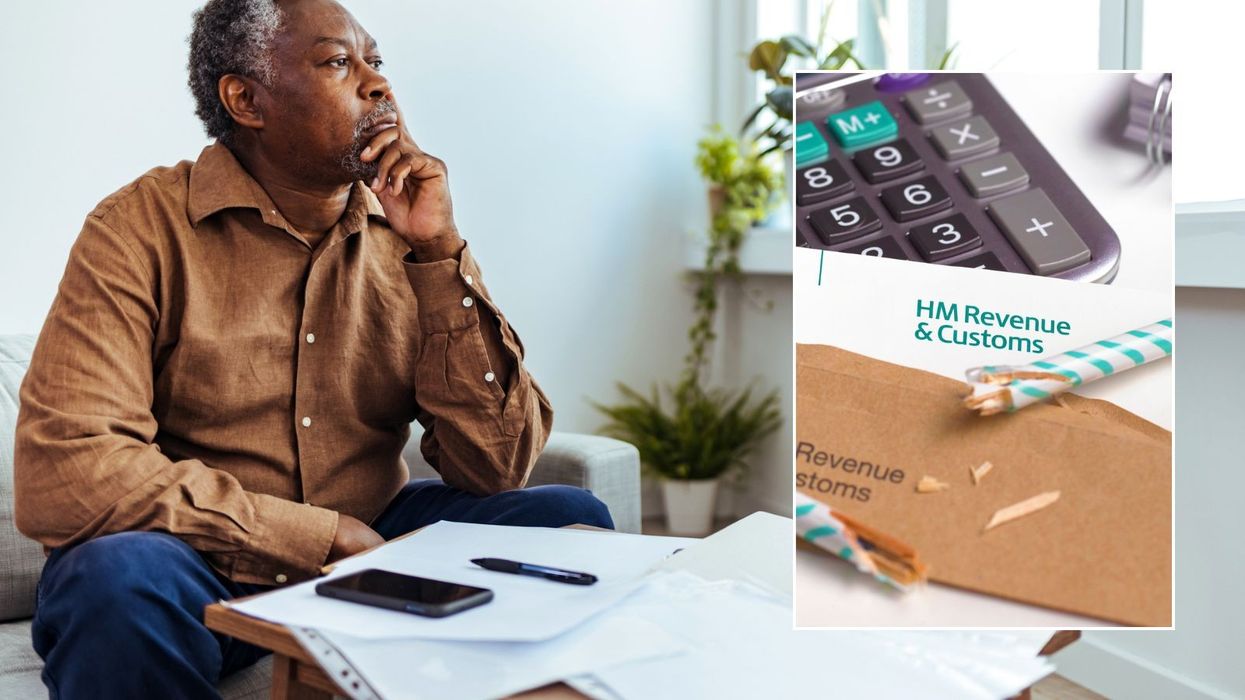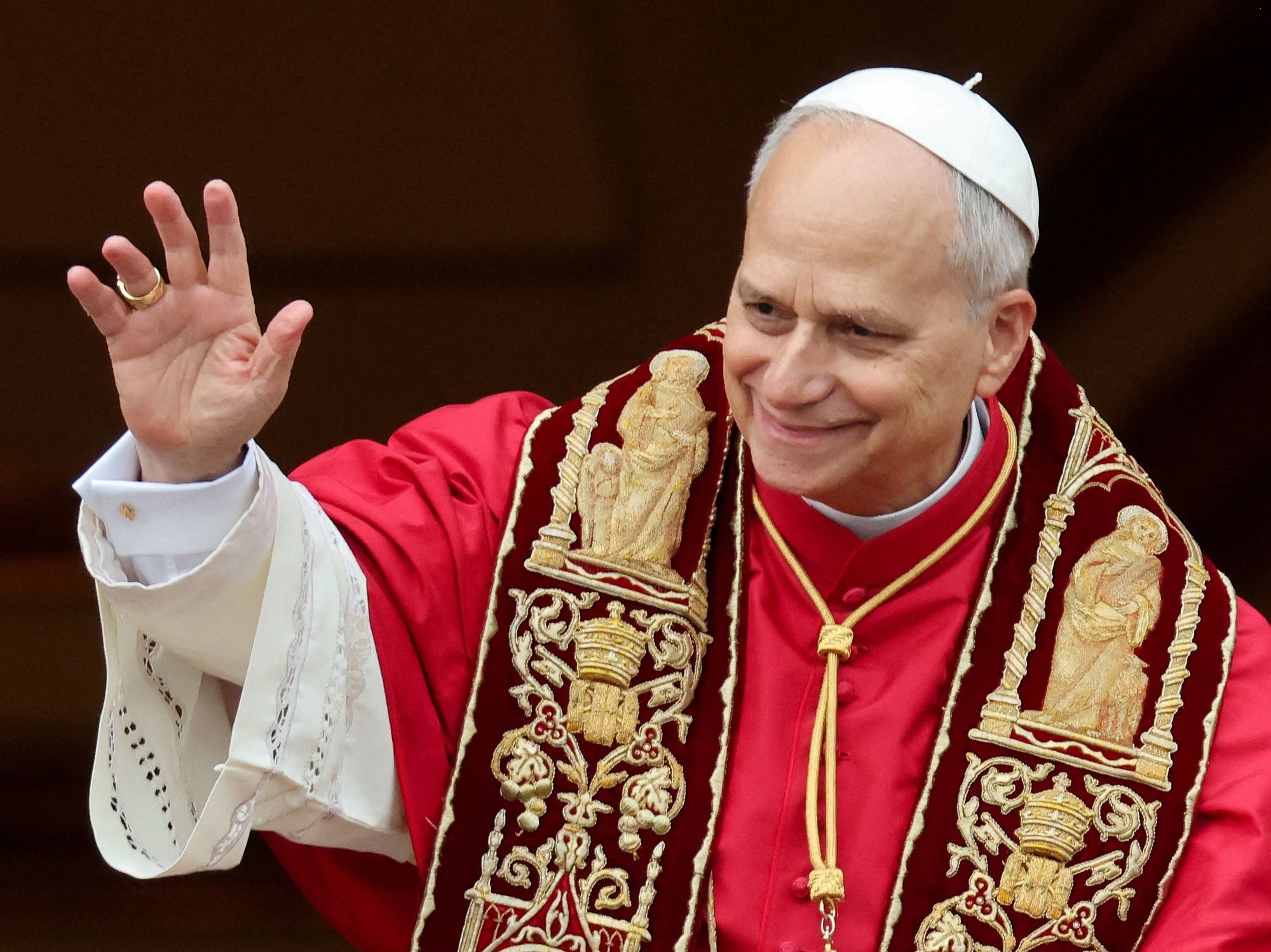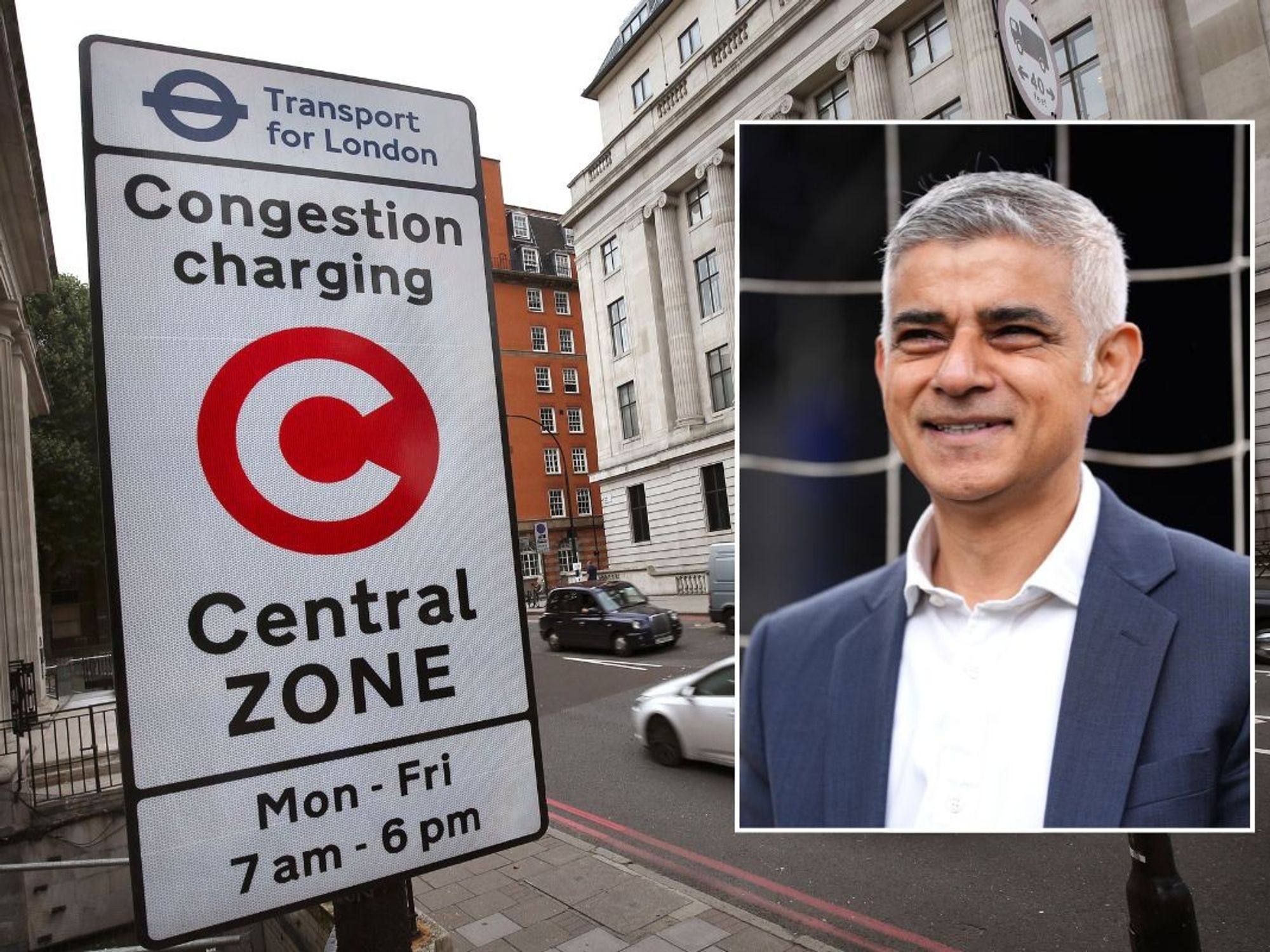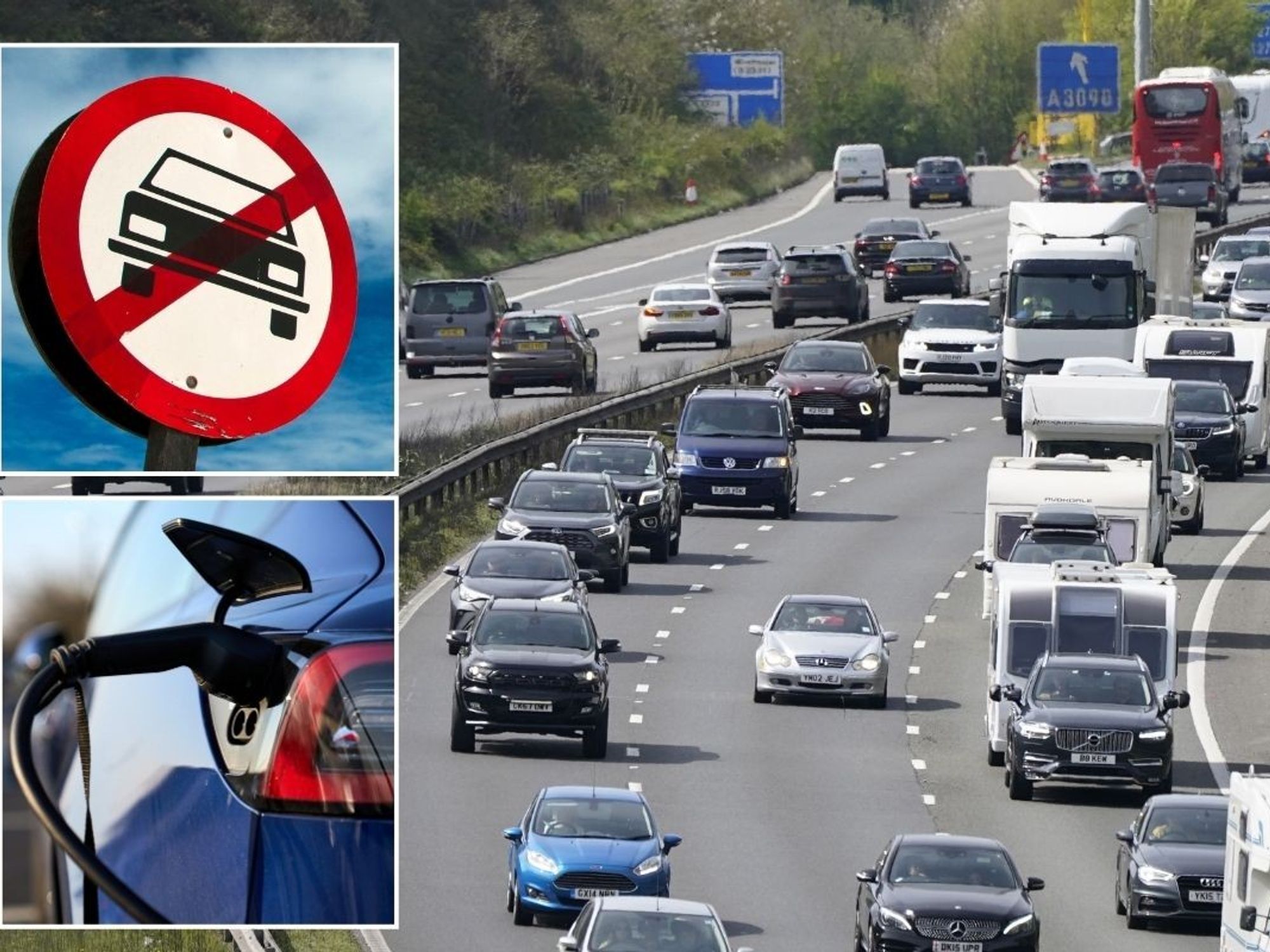HMRC 'leave no stone unturned' in tax crackdown as they collect £1.39bn in unpaid inheritance tax - how to avoid bill

The amount of inheritance tax recovered following investigations increased to £285million in 2023/24
| GETTY
The amount of inheritance tax recovered following investigations increased to £285million in 2023/24, up from £251million in the previous year
Don't Miss
Most Read
Latest
HM Revenue & Customs (HMRC) has recovered almost £1.39billion in unpaid inheritance tax during the past five years.
This is up 14 per cent with collections in the last financial year on 2023, according to the latest figures obtained by financial advice firm NFU Mutual.
Sean McCann, chartered financial planner at NFU Mutual, said: “HMRC leaves no stone unturned in these investigations.
"For example, they will look at outgoings such as gifts made in the seven years before death, or premiums for life insurance policies which if not written in trust will form part of the taxable estate.
“In addition, the interest rate you pay on overdue inheritance tax stands at 7.75 per cent, which is the highest rate for 30 years, and can add a significant amount to the bill. This can compound what for many is already a challenging and distressing situation.
“With the £325,000 nil-rate band and the £175,000 residence nil-rate band frozen until 2028, more families will be caught in the inheritance tax net with ever increasing bills for those affected.”
 In the UK, fiscal drag has led to inheritance tax receipts rising | GETTY
In the UK, fiscal drag has led to inheritance tax receipts rising | GETTY If HMRC suspect that inheritance tax has been underpaid through error, omission or undervaluing assets, they will conduct substantial investigative powers and will check a range of sources to build a picture of the deceased individual’s financial affairs
Since 2019, HMRC has launched investigations into the estates of almost 20,000 (19,861) deceased individuals where underpayment of inheritance tax has been suspected.
The amount of inheritance tax recovered following investigations increased to £285million in 2023/24, up from £251m in the previous year.
It comes at a time when the total amount of IHT collected reached a new annual high of £7.5bn.
HMRC's investigations can take months and occasionally years to complete especially as there is high revenue recovered in certain cases.
McCan explained that the £285m recovered in 2023/24 may be from enquiries opened in earlier years. The lower number of investigations seems to suggest that they are becoming more targeted and forensic in nature.
He added: “The revenue recovered through these investigations is significant and the rising value of assets and the potential sums at stake would appear to justify HMRC spending time looking at individual cases.
“IHT remains one of the most feared and least understood taxes, which many parties will likely seek to address in their manifestos as we head towards the General Election on 4 July.”
Who pays inheritance tax?
Inheritance tax is paid at a rate of 40 per cent on estates which are worth more than the £325,000 threshold.
According to the latest figures from HM Revenue and Customs (HMRC), some 27,000 estates paid IHT in the 2020-21 tax year.
HMRC statistics for the same year revealed that £5.76bn in IHT liabilities were brought in over the period.
This was a 16 per cent increase from usual figures which is believed to be partially contributable to deaths during the Covid-19 pandemic.
LATEST DEVELOPMENTS:
How to avoid paying inheritance tax
Experts from TaxBite are citing the ways in which people can legally avoid paying the unpopular tax, albeit partially.
Among the many measures individual taxpayers can take to protect their estate include the following:
- Placing your life insurance policy in a trust
- Gifting money to friends and family before your death - People can give away a total of £3,000 worth of gifts each tax year without them being added to the value of their estate
- Taking advantage of trusts
- Making charitable donations - Leaving part of one’s estate to charity when they die can help to slash thousands of pounds off their bill
If individuals leave 10 per cent or more of the value of their estate to charity, the rate at which they estate pays IHT drops from 40 per cent to 36 per cent, thanks to a rule introduced in 2012.










